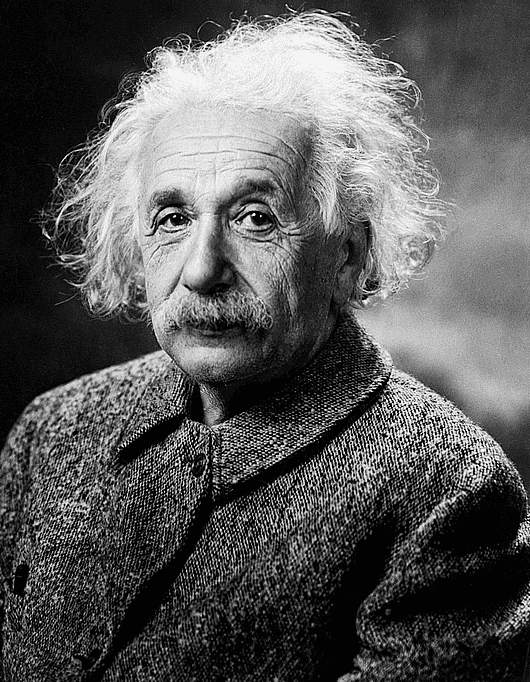Friday, December 11, 2009
Session Four
1. Language taster lesson (Japanese or Russian)
2. Brief discussion: describe your feelings when learning something completely new. What is it like to learn alongside staff learners? What thinking skills are required when learning another language? What similarities/differences are there between the new language and your mother tongue?
3. Languages evolve alongside and intertwined with the culture/s within which they are spoken. It is therefore natural for the languages themselves to reflect different values and priorities. Look at "What's Important" above, and move the priorities around to show the strengths and shortcomings of languages you know about.
4. Now pick a priority and invent the beginnings of your own language in a small group. Give it a name, and then prepare the following message:
I'm called ........... I'm ........ years old. Woldingham is my school. Happy New Year!
You will need to make decisions about grammar (how the meaning fits together) as well as vocabulary. Remember it doesn't need to work in the same way as any language you know - and don't forget your chosen priorities!
5. Plenary: Read and record the messages, with a brief explanation of what decisions you made.
2. Brief discussion: describe your feelings when learning something completely new. What is it like to learn alongside staff learners? What thinking skills are required when learning another language? What similarities/differences are there between the new language and your mother tongue?
3. Languages evolve alongside and intertwined with the culture/s within which they are spoken. It is therefore natural for the languages themselves to reflect different values and priorities. Look at "What's Important" above, and move the priorities around to show the strengths and shortcomings of languages you know about.
4. Now pick a priority and invent the beginnings of your own language in a small group. Give it a name, and then prepare the following message:
I'm called ........... I'm ........ years old. Woldingham is my school. Happy New Year!
You will need to make decisions about grammar (how the meaning fits together) as well as vocabulary. Remember it doesn't need to work in the same way as any language you know - and don't forget your chosen priorities!
5. Plenary: Read and record the messages, with a brief explanation of what decisions you made.
Thursday, December 3, 2009
Einstein's problem
Here is a problem set by Einstein. He estimated that only 2 % of the general population would be able to work this out, but actually it is more a matter of persistence than great genius. Give your brain some candy this Christmas and have a go!
5 men of different nationalities live in 5 houses of different colours. They smoke 5 different brands of cigarettes, drink 5 different drinks and keep 5 different types of animals. The question is: who keeps fish?
Here are the clues:
1. The Norwegian lives in the first house
2. The Englishman lives in the red house
3. The green house is to the left of the white house
4. The Dane drinks tea
5. The man who smokes Rothmans lives next to the one who keeps cats
6. The man in the yellow house smokes Dunhills
7. The German smokes Marlboroughs
8. The man in the middle house drinks milk
9. The Rothman-smoker has a neighbour who drinks water
10. The Pall Mall smoker keeps birds
11. The Swede keeps dogs
12. The Norwegian lives next to the blue house
13. The man who keeps horses lives next to the yellow house
14. The man who smokes Philip Morris drinks beer
15. Coffee is the drink in the green house
5 men of different nationalities live in 5 houses of different colours. They smoke 5 different brands of cigarettes, drink 5 different drinks and keep 5 different types of animals. The question is: who keeps fish?
Here are the clues:
1. The Norwegian lives in the first house
2. The Englishman lives in the red house
3. The green house is to the left of the white house
4. The Dane drinks tea
5. The man who smokes Rothmans lives next to the one who keeps cats
6. The man in the yellow house smokes Dunhills
7. The German smokes Marlboroughs
8. The man in the middle house drinks milk
9. The Rothman-smoker has a neighbour who drinks water
10. The Pall Mall smoker keeps birds
11. The Swede keeps dogs
12. The Norwegian lives next to the blue house
13. The man who keeps horses lives next to the yellow house
14. The man who smokes Philip Morris drinks beer
15. Coffee is the drink in the green house
Session Three

1. Ice-breaker: odd one out exercise. Try this question from a SATs paper:
Which of the following is the odd one out?
house cave tractor stable tent
2. Making your own odd one out: create a verbal odd one out exercise with 4 words (of which one doesn't fit), then a version with 5 words, then a version with 6. If you had an odd one out exercise with 20 words of which one didn't fit, could you guarantee an indisputably correct answer?
3. Logic: patterns, persistence, foundations and frontiers.
A couple of quotes from Einstein are interesting in relation to this:
"Imagination is more important than knowledge, because knowledge is limited"
"If people only talked about things they really understood the world would be a very quiet place"
4. Logic games. You will notice that of the sprqs values, persistence features highly in these logical games!
Safara rush hour
Mastermind
Sudoku
Einstein's challenge (see above)
5. Plenary: What skills are you using to play these games? Try to break down your description of what goes on in your head into the smallest steps you can.
How might you use these steps in school subjects (all of them - even the less obviously logical ones)?
How might you tackle Einstein's challenge?
Subscribe to:
Posts (Atom)